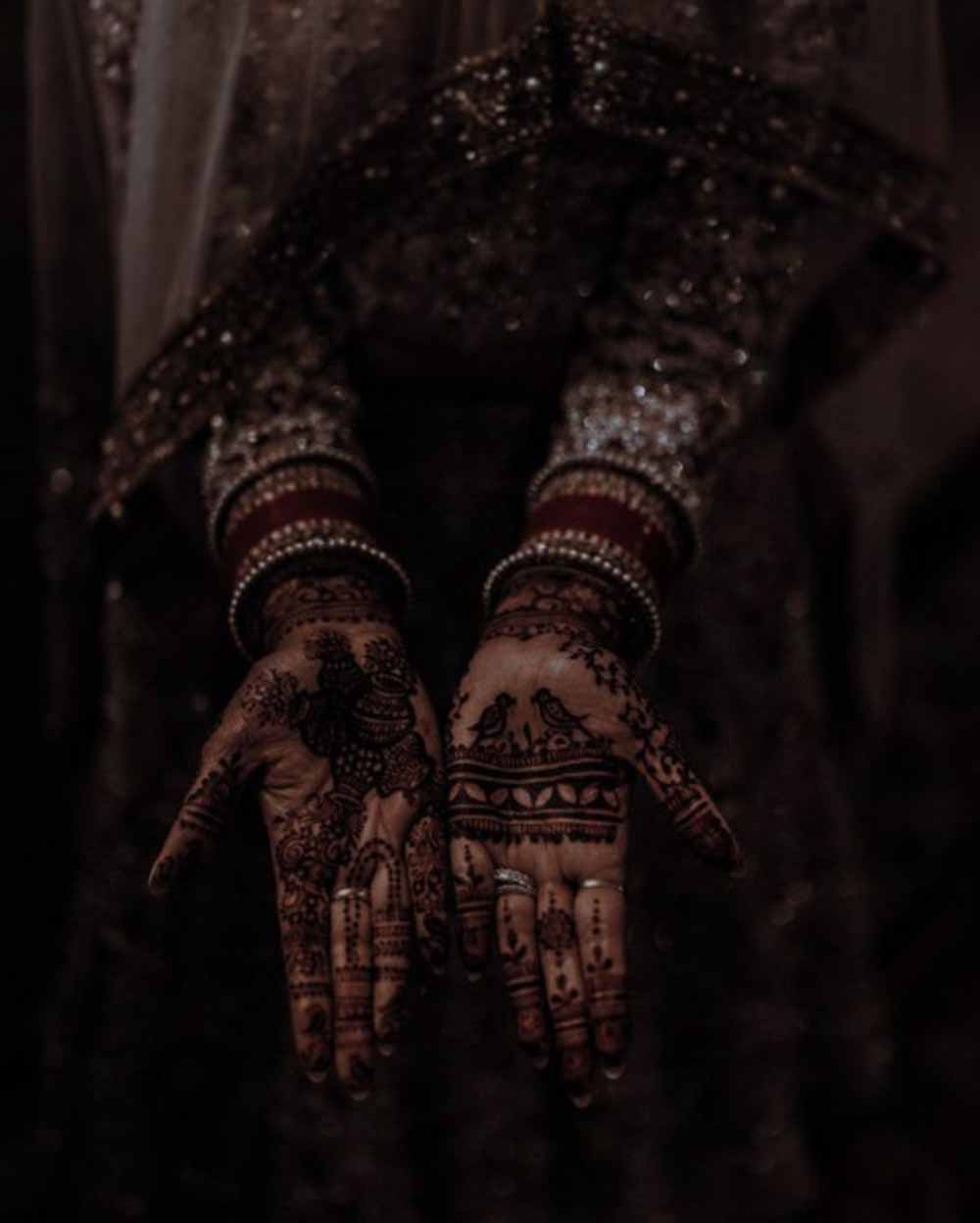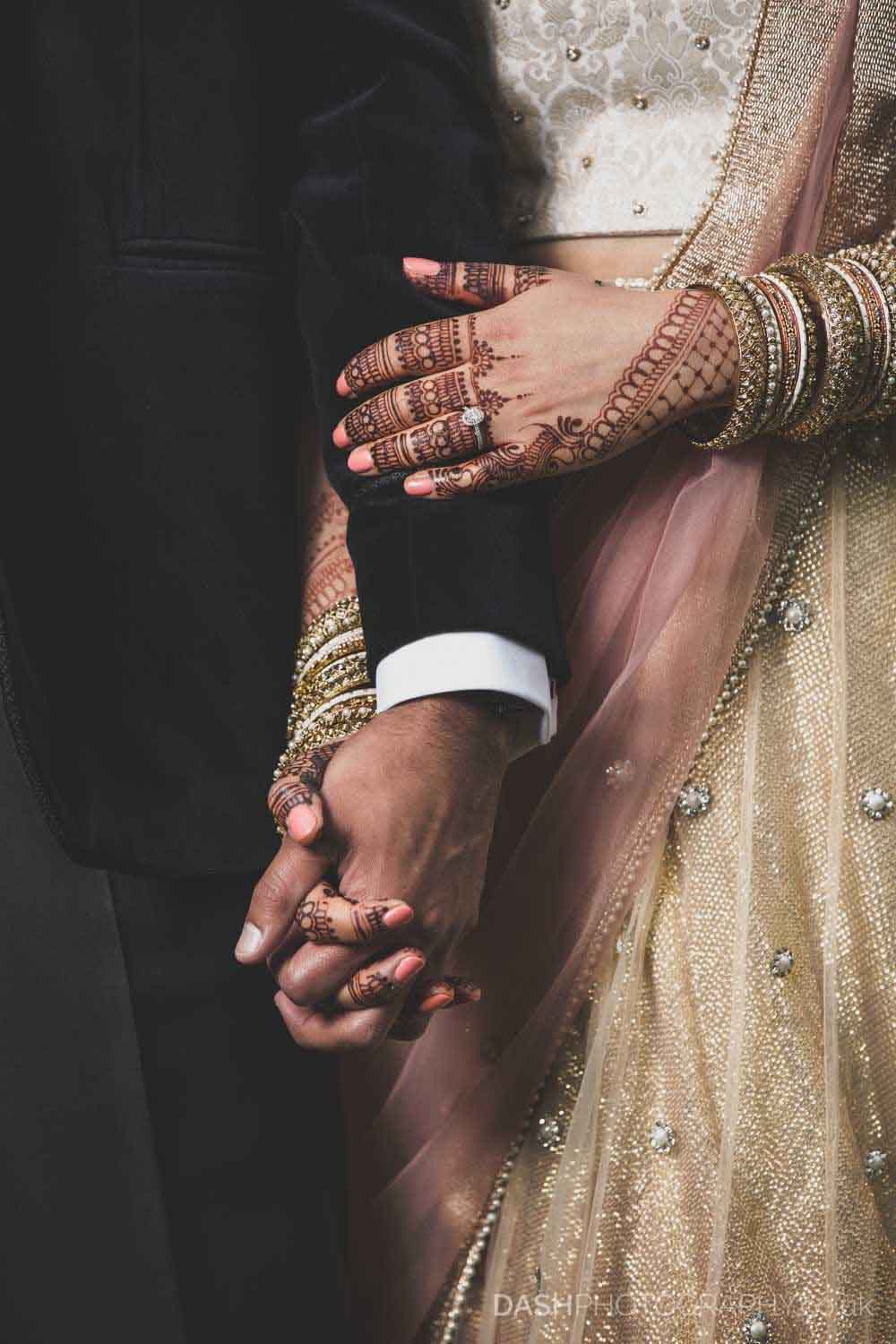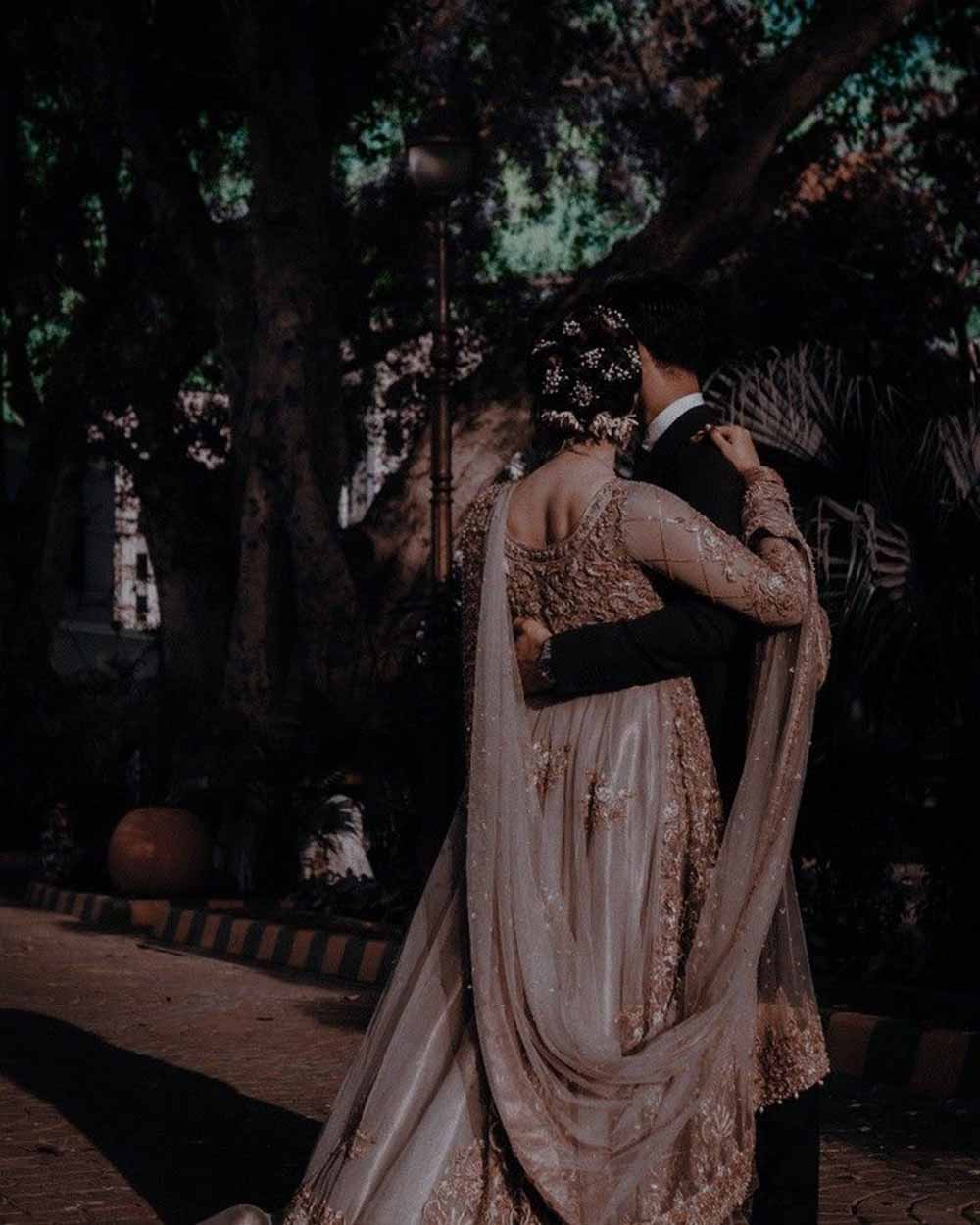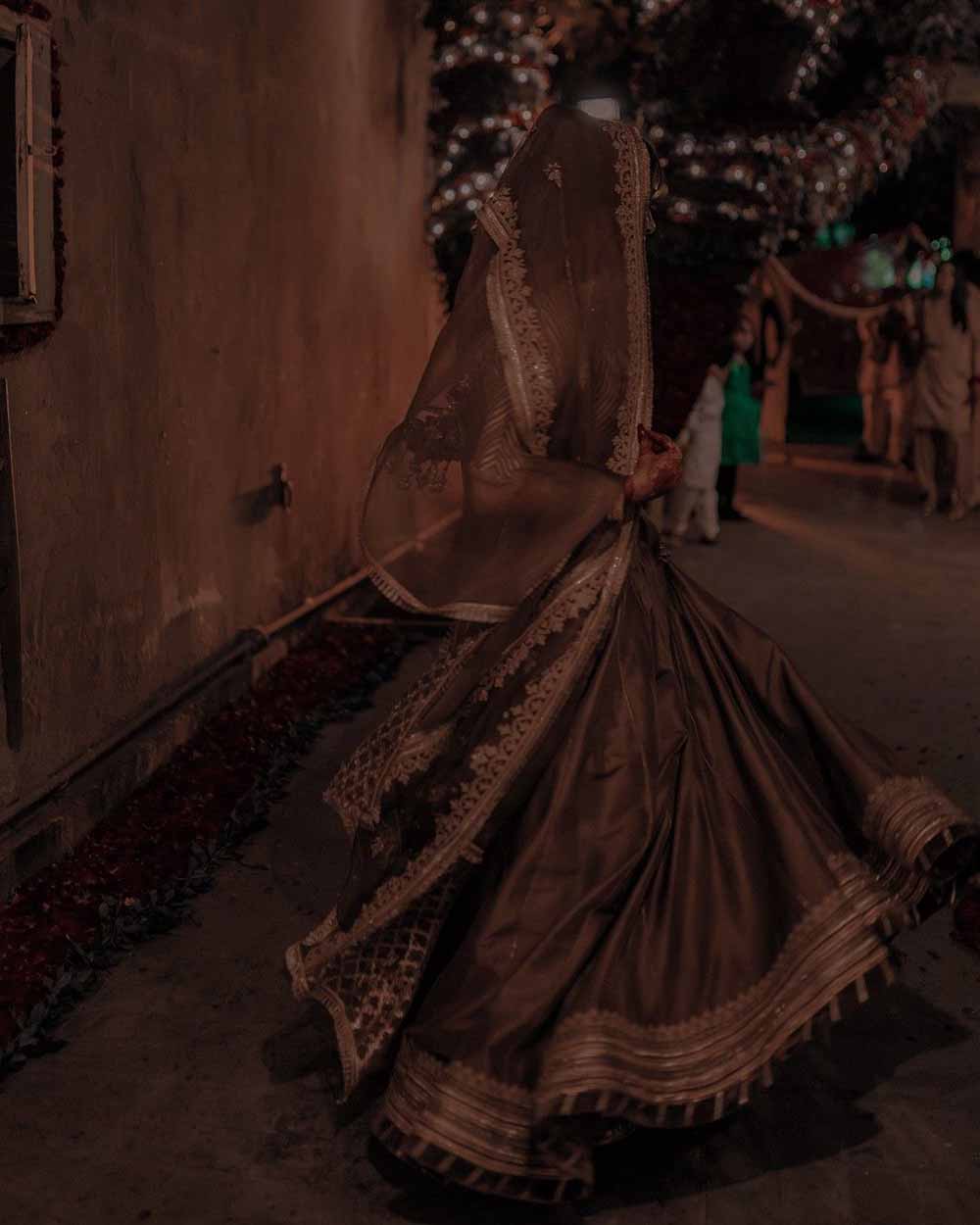While societal norms may press for a woman to adopt her husband’s surname, it’s crucial to note that Indian law doesn’t mandate such changes. This decision rests with the individual, particularly strong and independent women. Ultimately, the decision to change one’s name after marriage in India is a personal choice, not a legal obligation. Whether embracing a new identity, partially altering it, or maintaining the status quo, the power lies with the individual, especially women. While societal expectations may influence, legal freedom allows for diverse choices.

The Need For More Societal Recognition Of Personal Choices
A recent notification from the Union Ministry of Housing and Urban Affairs starkly contradicts this freedom, requiring women to obtain a No Objection Certificate (NOC) from their husbands if they wish to retain their maiden name. This move underscores a persistent undercurrent of patriarchal control and societal expectations that continue to infringe upon personal autonomy. Even today, the fact that the majority of women still take on their husband's surnames often leads to an erasure of their pre-marriage identities, professional reputations, and online presence.

“It's still transgressive for a woman to keep her own name after marrying a man, as the default cultural norm is to take her husband's name. In India, nearly 98% of women adopt their husband's surname. Culturally, we've struggled to envision a reality beyond patrilineal surnames. Women are individuals, not just a gender, and their names are integral to their identity. Therefore, this should be a choice, not an imposition,” said Kalpana Chakraborty, Professor of Gender Studies, Abrahams Postdoctoral Fellow. It's no wonder that 'What's your mother's maiden name' is an effective password hint, as it often differs from the current last name.
Legal Complexities and Bureaucratic Challenges

Women who decide to keep their maiden names often find themselves navigating a bureaucratic maze, as they are required to provide proof of their marital relationship in various situations such as income tax filings, insurance claims, and property transactions. The primary document for such verification is the marriage certificate, but additional documents like updated Aadhaar cards, passports, joint accounts, shared residence proofs, or affidavits are also necessary. This situation highlights a glaring need for more adaptable identification systems and a significant evolution in institutional policies. It is high time that our society and its institutions recognise and support the diverse choices individuals make regarding their names. The freedom to retain one's name should not be a battleground for gender equality but a given right, respected and facilitated by all. Only then can we claim to support true freedom of identity.
The Pros and Cons of Changing Surnames

Maiden names and married names follow a patriarchal pattern, where women are expected to drop the surname given at birth (usually their paternal family name) and adopt that of their husband's family. These are usually norms or customs rather than compulsion, but sometimes women had to jump through cumbersome legal hoops if they did not change their names. For instance, common-law countries that didn't force women to change their last names still made it hard to get driving licenses and voter registrations. While societal expectations may influence the decision, the legal freedom to choose remains. The process of name change after marriage should ultimately be guided by individual preferences, reinforcing the essence of personal agency in India.